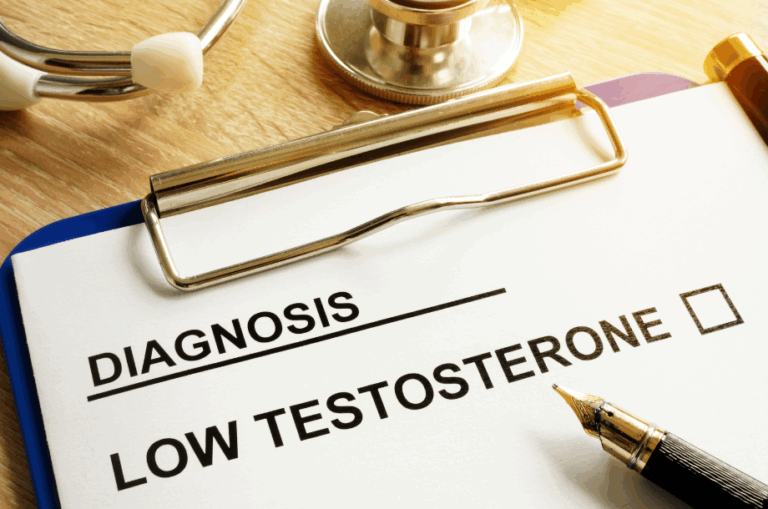Amidst the newsworthy questions surrounding the rise in CRC among young people, understanding the link between the gut microbiome and colon cancer can help us learn practical ways to not only prevent colon cancer, but also slow its progression and keep recurrences at bay.
What role does the gut microbiome play in the formation of CRC? A 2021 review study published in Frontiers in Immunology, highlights the following:
- Changes in gut bacteria directly affect precancerous lesions and cancer progression in CRC more so than in any other cancerous tumor because of its location in the gut.
- CRC patients possess a distinct microbial footprint with a reduction in butyrate-producing bacteria (those bacteria that ferment dietary fiber, producing the short-chain fatty acid butyrate, which has anti-inflammatory properties) and an increase in pathogenic (inflammatory and disease-causing) bacteria.
- Chronic inflammation is often observed at the onset of CRC.
- Genetics and environmental exposure account for only about 10% of CRC cases, while 90% are due to lifestyle factors like physical inactivity, smoking, western diet, low fiber intake, alcohol use, obesity, and as we are now seeing in recent studies, medications. Those are the same factors that are also closely linked to the characteristic imbalance in gut bacteria known as dysbiosis observed in the gut microbiome of CRC patients.
Because of these findings, researchers believe that the gut microbiome can be a pivotal player in the treatment of CRC. Improving the microbial environment after the onset of cancer can stop cancer progression and, in some cases, even help treat it. Findings show that administering fecal microbiota transplantation (FMT) and/or probiotics can increase the effectiveness of cancer treatments such as chemotherapy, immunotherapy, and radiotherapy.
Yet, we still know very little about how the gut microbiome works and interacts. More studies are needed before we fully grasp the microbial mechanisms at play to utilize microbial-mediated CRC treatment and prevention. More to come! In the meantime, take a look at the lifestyle factors above that are associated with gut dysbiosis and colon cancer, and assess how you can improve these factors in your daily life. Small changes – such as walking 20 minutes a day, cutting out ultra-processed foods, or upping your daily fiber to 25 grams or more of unprocessed fiber – can mean big changes for your health.








